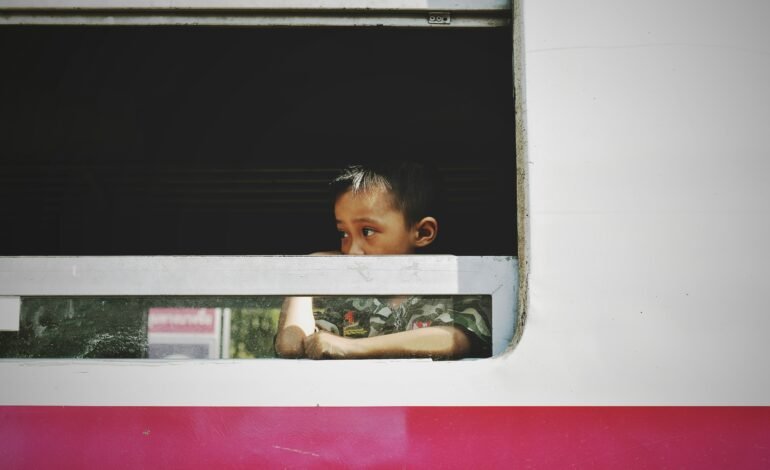Photo of Duangphorn Wiriya in Unsplash
The Trump administration has implemented a measure requiring parents seeking reunion with their unaccompanied migrant children to appear for in-person interviews, where they may be questioned by ICE immigration agents.
According to a July 9 memo, sponsors—usually parents or guardians—can no longer submit documents online but must appear in person to verify their identity. The document clarifies that federal law enforcement agencies, such as ICE, may be present for their own “mission objectives.”
Legal advocacy organizations say this change has led to the arrest of some parents, leaving their children trapped in federal custody.
Criticism from advocates and fear among families about ICE
Neha Desai of the National Center for Youth Law denounced the policy as giving ICE a “built-in opportunity” to detain parents, which has already happened. Mary Miller Flowers of the Young Center for Immigrant Children's Rights recounted the case of a father arrested after showing up for an appointment, causing the mother to avoid showing up. “That child was trapped in custody,” she noted.
Although the Office of Refugee Resettlement (ORR) maintains that it clearly informs parents about the possibility of interviews with ICE, advocates point out that some sponsors failed to notify them, creating a climate of fear, tension, and uncertainty.
Slower reunification process
The July changes add to other requirements introduced by the Trump administration, such as fingerprinting, DNA testing, home visits, and income verification. These measures, according to experts, have lengthened the length of stays for minors in government shelters: in July, the average was 171 days, compared to 37 before Trump took office.
Currently, approximately 2,000 children remain in government custody while their parents face an increasingly complex and risky process to recover their children.
For more stories like this, follow More Latin.
Sources:

